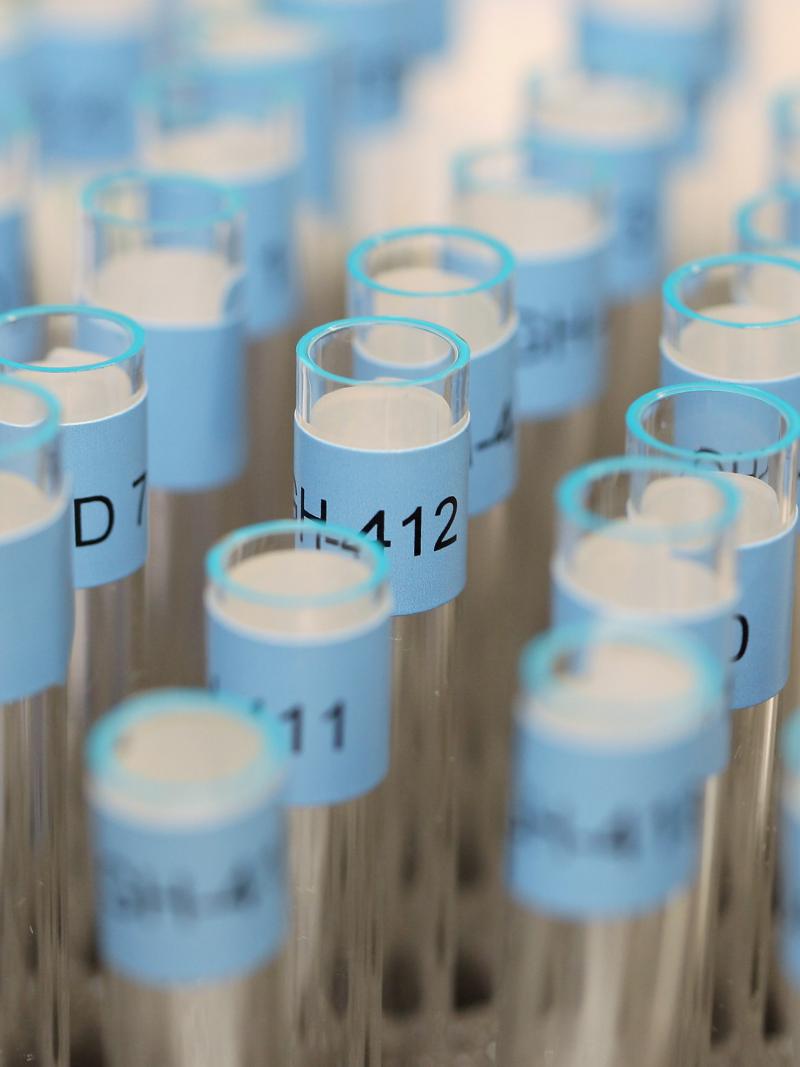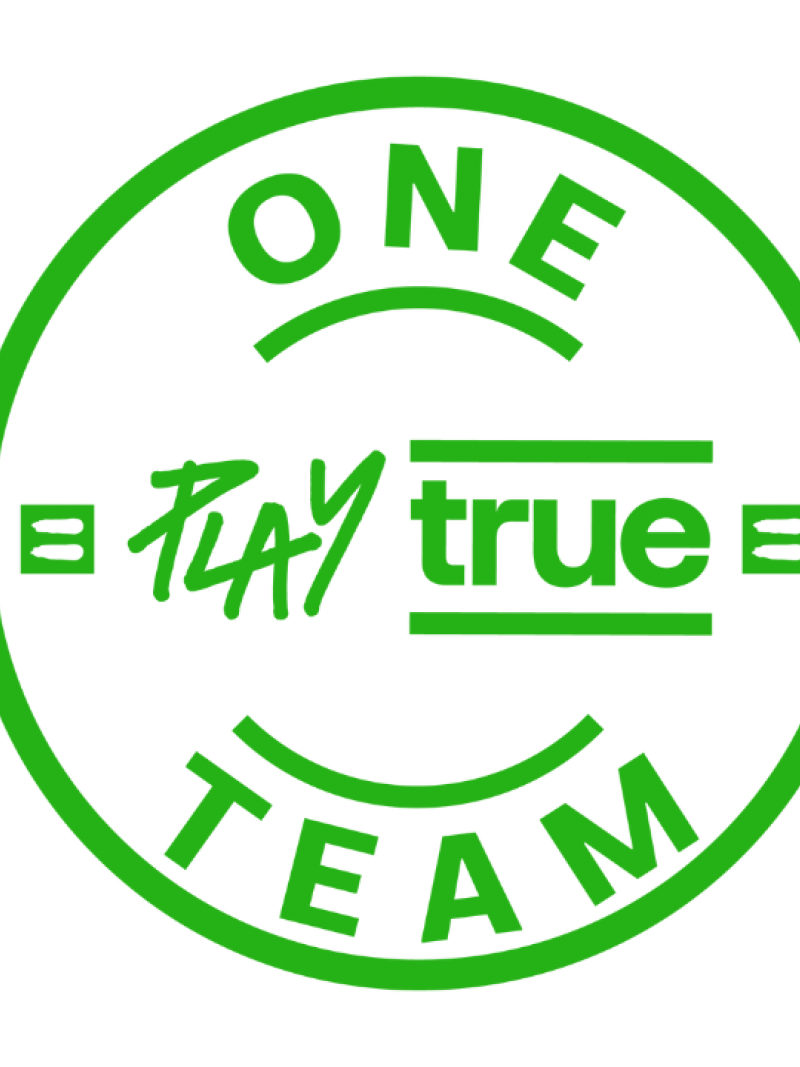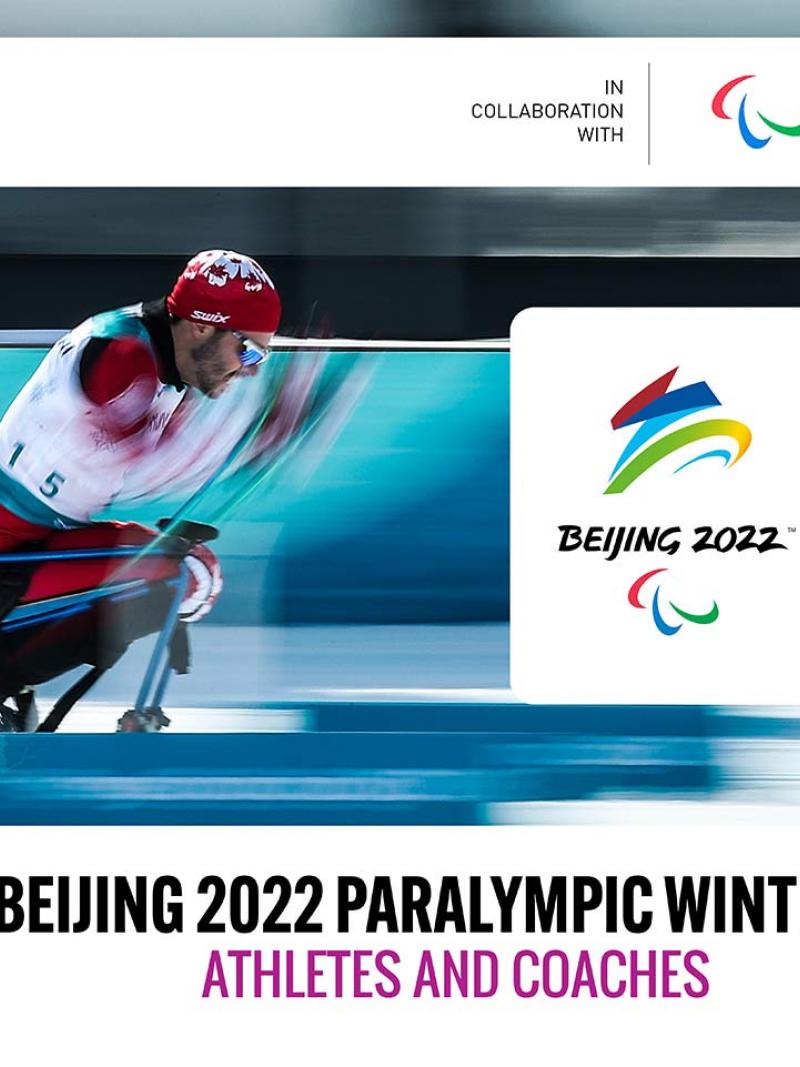WADA releases new e-learning course for athletes and coaches heading to Paris 2024
The new course has been developed to cater to the specific needs of Paralympic athletes 21 Feb 2024
The World Anti-Doping Agency (WADA) has launched a new education course for athletes (including their guides) and coaches aiming to attend the Paris 2024 Paralympic Games on its Anti-Doping Education and Learning platform (ADEL).
‘ADEL for Paris 2024 Paralympic Games’ was developed by WADA in collaboration with the International Paralympic Committee (IPC) and is a demonstration of the organisations’ continued commitment to working together to educate and support athletes and their coaches in the build-up to the Games.
Those taking the new course — which has been developed to cater to the specific needs of Paralympic athletes — will gain an understanding of the Paris 2024 Paralympic Games’ anti-doping rules, procedures, and requirements, including how to check medications and apply for a Therapeutic Use Exemption (TUE), how to provide Whereabouts information, and explanations of athletes’ rights and responsibilities during the testing process.
The course will also allow athletes, coaches, and guides (for athletes with vision impairment) to identify key information, such as important dates and which organisation has jurisdiction over them during the Games period.
WADA Director of Education, Amanda Hudson, said: “WADA is grateful for the cooperation of the IPC in developing this education solution for Anti-Doping Organisations (ADOs) to use as part of their pre-Games education efforts. We share a common goal in that we wish to see all Paralympic athletes, and those who support them, educated on anti-doping matters prior to their arrival in Paris.
We encourage all ADOs intending to send teams to the Paralympic Games to invest their time in educating their national teams and to play their part in protecting both their national reputation and the integrity of the Games. We would like to thank the IPC for their valuable input throughout the development of the course.”
Jude Ellis, Head of Anti-Doping at the IPC, said: “The IPC is committed to clean, fair and competitive sport for athletes. We support the Education First principle, where an athlete’s first experience with anti-doping is through education (not testing) so we strongly encourage National Paralympic Committees to work with their National or Regional Anti-Doping Organisations to ensure that athletes, coaches, and other support personnel are properly educated ahead of the Games.”
Jitske Visser, Chairperson of the IPC Athletes’ Council, said: “As an athlete who is currently training to compete at my fifth Paralympic Games, I understand the importance of being aware of my rights and responsibilities regarding anti-doping.
“I encourage every athlete who is aiming to compete at Paris 2024 to complete the e-learning course soon, knowing that the time right before the Games is always quite busy. The ADEL-platform is now designed to be more engaging and easier to access from different devices.”
Completion of this course, which includes a certificate for those who achieve a score of 80 per cent or higher, is highly recommended. WADA and the IPC strongly encourage all National Paralympic Committees to work in close collaboration with their National or Regional Anti-Doping Organisations to ensure that athletes, coaches and other athlete support personnel are properly educated in advance of the Games – a principle that is reinforced by the International Standard for Education (ISE).
The course, which is currently available in English and French, has also been adapted slightly to ensure that athletes with vision impairment can make their way through the course with their screen readers. The Spanish version is under development and will be made available on ADEL in the coming weeks.








